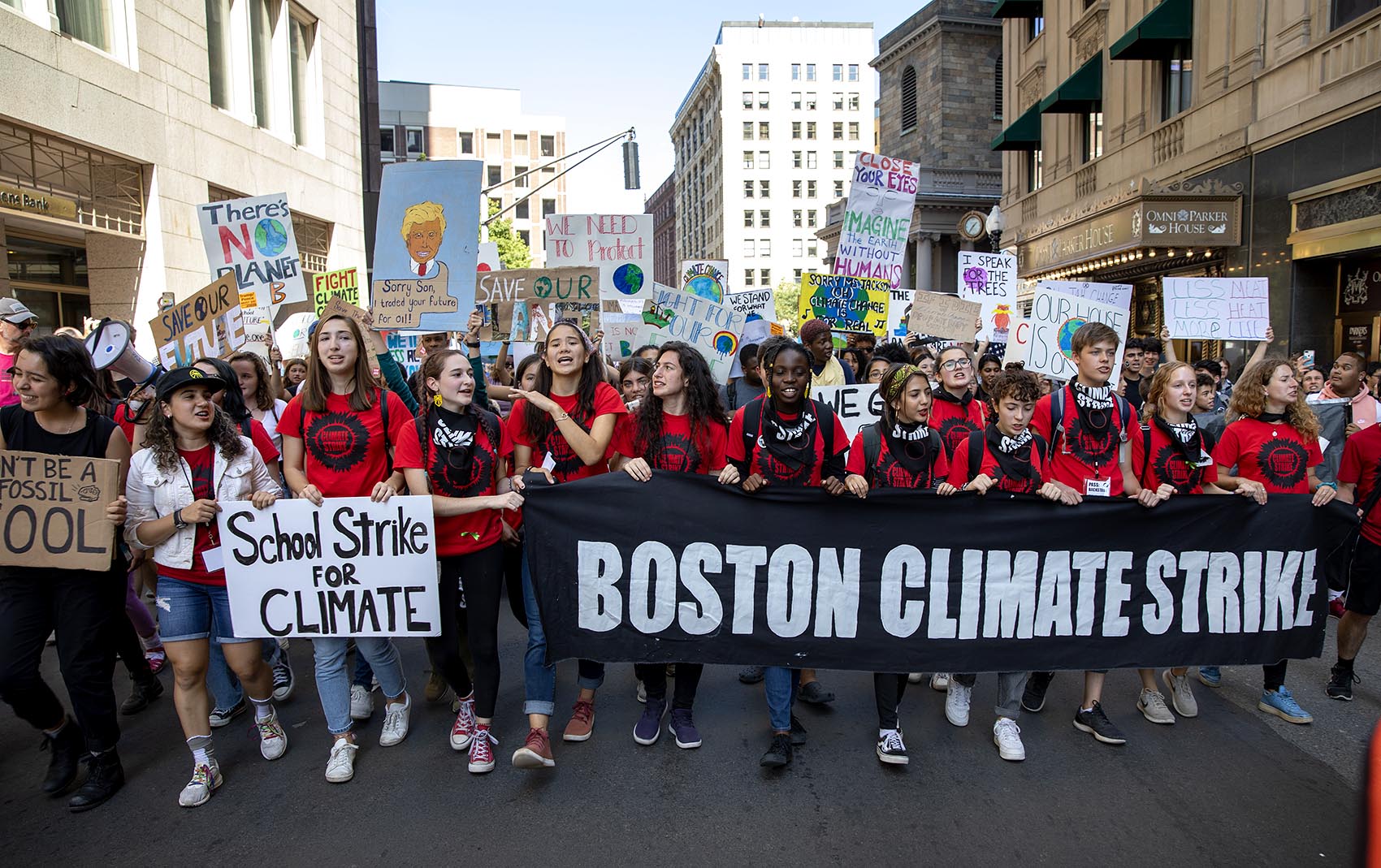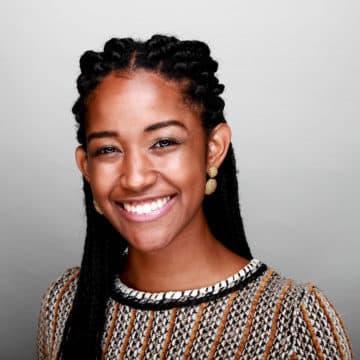Advertisement
Looking Back At The 2010s: The Decade In Social Movements
Resume
The Tea Party rang in the decade, and President Trump's rallies continue with gusto.
In between, America rediscovered its capacity for protest and social action on a grand scale. Why have social movements made such a strong comeback?
Guests
Renee Graham, associate editor and columnist for the Boston Globe and a WBUR contributor. She tweets @reneeygraham.
Greg Jobin-Leeds, author of "When We Fight, We Win," and co-host of the soon-to-be released podcast of the same name. He tweets @gregjl1.
Interview Highlights
How today's social movements compare to those of the past
Renee Graham: "I think one thing that remains the same is how much is it's propelled by youth. There's always a sense that the generation before you didn't quite get it done and now you have to step up and do that. And I think of something like the Black Lives Matter movement that was started by Patrisse Khan-Cullors, Alicia Garza and Opal Tometi ... That came to life after the killing of Trayvon Martin, and it started as just this thought that one of the women wrote down: Black Lives Matter. And once she put that on social media, that connected with a lot of people. There was an energy in it that kind of said, 'We're not going to take this anymore. We can't sit on the sidelines. Nothing gets done when we sit on the sidelines.' And so, I think there was this impetus sort of promoted by the death of Trayvon Martin and the aftermath of that trial that really pushed people to make a larger statement and more demands; to really sort of champion and protect black existence in this country."
On the importance of women of color in social movements:
Greg Jobin-Leeds: "So many of these social movements are led by women of color, whether it's the LGBTQ movement, which [was] started by trans women of color in New York at the Stonewall Bar, or whether it's the indigenous women in the climate movement, to the immigration movement, to prison reform. I remember when Occupy Wall Street started, and some people were pretty annoyed [that] these white kids [were] getting all the news when we've been doing this work for years. But the movement did help jump on it and continue that energy."
Renee Graham: "What is lost by not listening to these women of color years earlier when they're raising these issues? If everyone started paying attention to #MeToo in October of 2017, then what difference would it have made if people had been listening to what Tarana Burke was trying to say a decade earlier? Maybe you get to Harvey Weinstein sooner. Maybe you get to Matt Lauer sooner. Maybe all of these men — names known and unknown — who went down in shame because of what they did, maybe that would have happened a lot sooner ... Women of color lead. They don't follow. And so, when their voices are marginalized, then the horror continues."
On dealing with push back to progressive social movements
Renee Graham: "The history of struggle with America is intertwined with backlash, usually white backlash. We saw it during the Reconstruction era, and backlash with Jim Crow. But if you think about the number of people who were being lynched to get their basic civil and voting rights, it didn't stop people from continuing to do it. That's the thing; there's always going to be a backlash, but the question always becomes, how important are your rights? Do you acquiesce or do you keep fighting, even at the risk of your own life? Backlash is always expected, but I don't know that it's ever been a deterrent from people who are demanding to be treated like human beings."
This article was originally published on December 23, 2019.
This segment aired on December 23, 2019.

